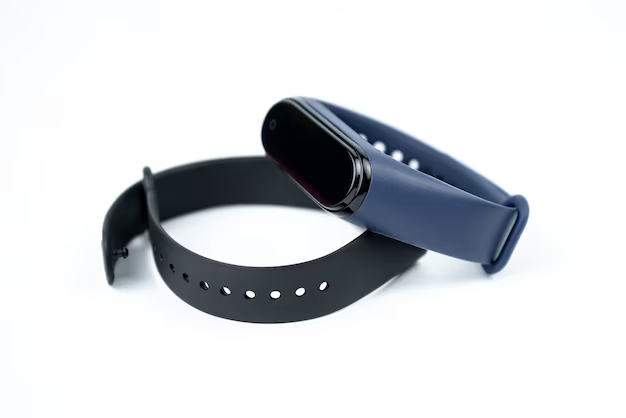
Smartwatch trackers have become more than just timepieces—they’re health companions, fitness monitors, and productivity tools all in one. From counting steps to monitoring sleep, these devices make it easier to stay on top of your wellness and daily routine. But with so many choices on the market, selecting the right smartwatch tracker can be overwhelming. This guide breaks down the most important features, comparisons, and tips to help you make a confident purchase.
What to Consider Before Buying
When choosing a smartwatch tracker, think about your lifestyle and priorities:
- Health & Fitness Features
- Heart rate monitoring, step tracking, sleep analysis, blood oxygen levels.
- Advanced models may include ECG or stress tracking.
- Battery Life
- Some last only a day or two, while others can stretch a week or more on one charge.
- Display & Design
- Touchscreens are sleek, but may drain battery faster.
- Consider comfort, size, and whether you want interchangeable straps.
- Water Resistance
- Essential if you swim or plan to wear it in all weather.
- Connectivity
- Check compatibility with your phone (iOS, Android, or both).
- Features like call alerts, text notifications, and app syncing add convenience.
- Price vs. Features
- Basic models are affordable and fitness-focused.
- Premium versions include GPS, NFC payments, and advanced health sensors.
Product Summary: Types of Smartwatch Trackers
| Type | Best For |
|---|---|
| Fitness Bands | Step counting, casual activity tracking |
| Standard Smartwatches | Everyday wear, health + productivity |
| Advanced Trackers | Athletes, outdoor use, advanced metrics |
Pros & Cons
Pros:
- Tracks health and fitness metrics in real time.
- Convenient notifications without pulling out your phone.
- Stylish accessory that fits work and workout lifestyles.
Cons:
- Battery life can be short on advanced models.
- Some features require pairing with a smartphone.
- Higher-end trackers may feel expensive for casual users.
Who It’s Best For
- Fitness Enthusiasts: Great for tracking workouts, steps, and calories burned.
- Health-Conscious Users: Ideal for monitoring heart rate, sleep, and stress levels.
- Busy Professionals: Stay connected with call and message notifications.
- Casual Users: Basic models cover daily activity tracking at an affordable price.
FAQs
Q1: Do I need GPS in a smartwatch tracker?
If you run or cycle outdoors, built-in GPS is useful. Otherwise, phone-connected GPS may be enough.
Q2: Are smartwatch trackers waterproof?
Many are water-resistant, but always check depth ratings if you plan to swim.
Q3: Can I use one without a smartphone?
Some functions work independently, but syncing with a smartphone unlocks full features.
Final Recommendation
A smartwatch tracker is an investment in your health and convenience. For fitness-focused buyers, look for strong health metrics and long battery life. If productivity and style matter, consider models with smart notifications and customizable designs. Think about your primary use—whether it’s workouts, health monitoring, or staying connected—and choose a device that balances your lifestyle with your budget.
